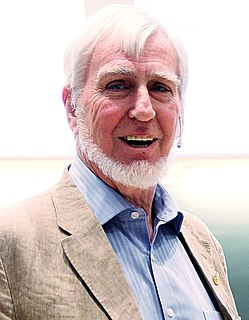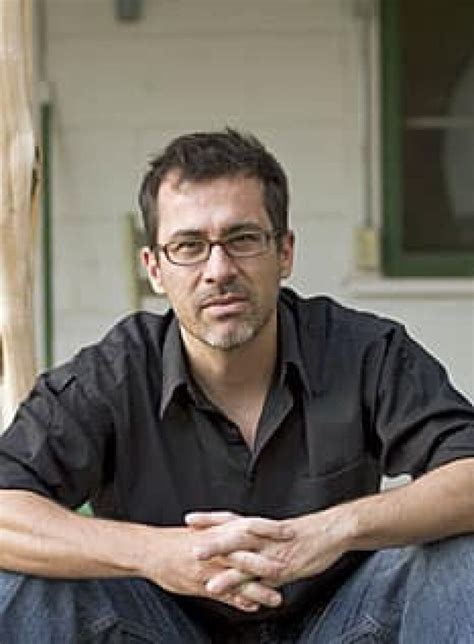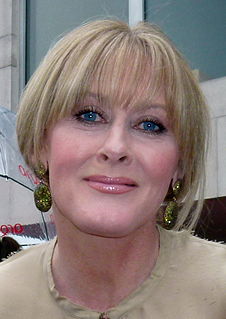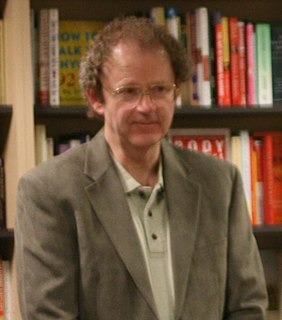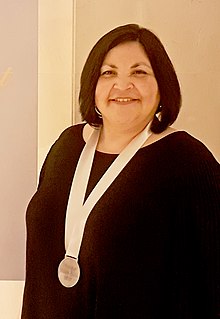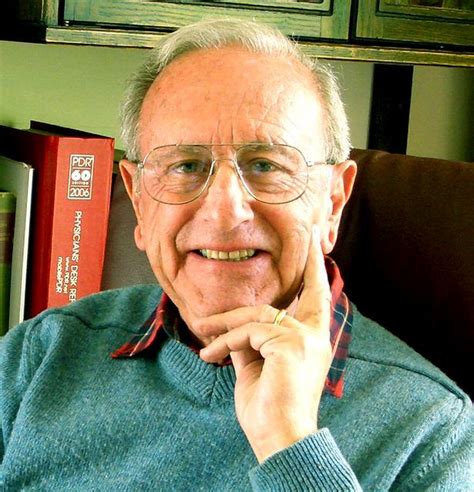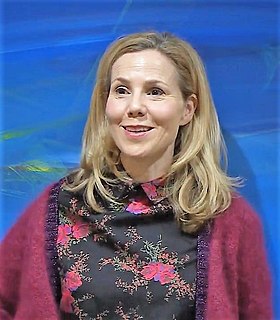A Quote by Edvard Moser
It was quite difficult to find a place to do what we wanted, namely to study the neurological basis of behaviour and especially learning and memory, which we were particularly interested in.
Related Quotes
Cognitive neuroscience is entering an exciting era in which new technologies and ideas are making it possible to study the neural basis of cognition, perception, memory and emotion at the level of networks of interacting neurons, the level at which we believe many of the important operations of the brain take place.
The dialectical critique of positivist habits of mind ... is interested only in behaviour which is 'important' to the actor; that is, behaviour which is emotionally charged to the degree that it is either frequently recalled, reflected upon, or day-dreamed about. ... That science which is less discriminating in the behaviour it chooses to investigate gains clarity and distinctiveness at the cost of confining itself to the trivial.
Hyperpolyglots are not born, and they are not made, but they are born to be made. There is a finite subset of the human population which has the right neurological equipment for learning and using lots of languages. That equipment may serve only a sub-component of language learning, such as mimicry, pattern recognition, or memory, or it serves those sub-components in a global fashion.
The advances of biology during the past 20 years have been breathtaking, particularly in cracking the mystery of heredity. Nevertheless, the greatest and most difficult problems still lie ahead. The discoveries of the 1970's about the chemical roots of memory in nerve cells or the basis of learning, about the complex behavior of man and animals, the nature of growth, development, disease and aging will be at least as fundamental and spectacular as those of the recent past.
Will robot teachers replace human teachers? No, but they can complement them. Moreover, the could be sufficient in situations where there is no alternative––to enable learning while traveling, or while in remote locations, or when one wishes to study a topic for which there is not easy access to teachers. Robot teachers will help make lifelong learning a practicality. They can make it possible to learn no matter where one is in the world, no matter the time of day. Learning should take place when it is needed, when the learner is interested, not according to some arbitrary, fixed schedule
My definition of learning is to remember what you are interested in. If you don't remember something, you haven't learned it, and you are never going to remember something unless you are interested in it. These words dance together. 'Interest' is another holy word and drives 'memory'. Combine them and you have learning.
Dad and Mom were frustrated artists - Dad wanted to study engineering or architecture and Mom wanted to be an actress - but the world was a different place when they were young so Dad became a public works foreman and Mom became a stay-at-home mom. When I said I wanted to be a writer, they were thrilled. They did everything in their power to support me.
Friedrich Hayek .. seems to have been the first to postulate what is the core of this paper, namely, the idea of memory and perception represented in widely distributed networks of interconnected cortical cells. Subsequently this idea has received theoretical support, however tangential, from the fields of cognitive psychology, connectionism and artificial intelligence. Empirically, it is well supported by the physiological study and neuroimaging of working memory.

